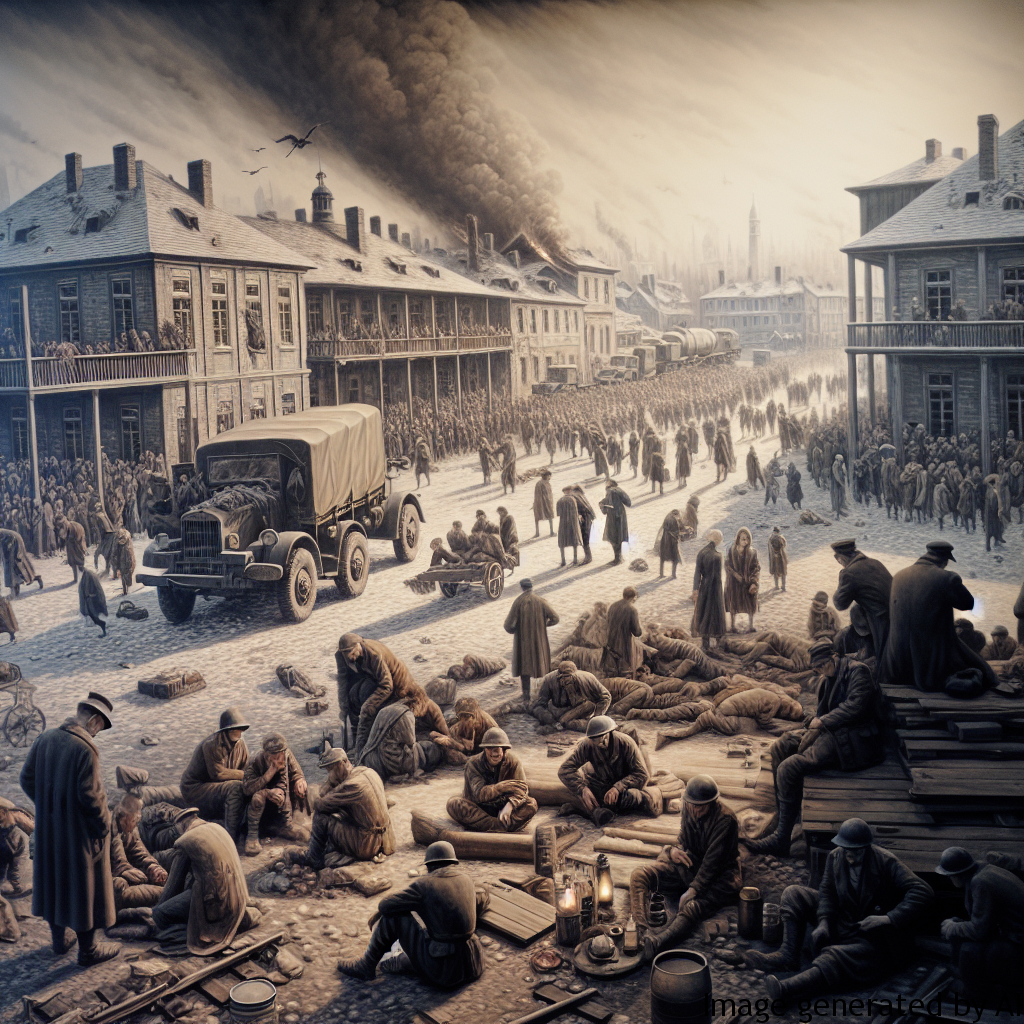Introduction
The complexities of World War I and World War II extend far beyond the customary narratives of military strategy and political maneuvering. One dimension that sometimes gets overlooked is the role of gender, particularly in the context of prostitution during these times. The widespread conflicts and societal transformations brought about circumstances that challenged the traditional gender norms and individual psychological well-being.
Gender Expectations and Their Impact on Men’s Psychological Health
Prescribed societal norms and gender expectations during the World Wars had significant ramifications on men’s mental well-being. Men were typically expected to take on roles of providers and protectors, often leading to psychological distress due to the conflicts’ intensities.
Stereotypes and Pressure
The stereotype of being a ‘brave soldier’ on the war front often led to immense pressure among men. This pressure was even more significant when it came to their interactions with prostitutes. The setting of brothels was sometimes considered a test of their masculinity, leading to more distress.
The Role of Prostitution
In a time of remarkable strife and mortality, prostitution served as an escape and distraction for many soldiers. However, it simultaneously rendered men to face moral dilemmas conflicting with their cultural or religious beliefs, creating internal conflicts and psychological distress.
Examples of How Gender Roles Can Influence Men’s Lives
The gender roles imposed on men can have severe implications on their lives and mental health. One of the prominent examples during the World Wars was the stigma associated with visiting prostitutes. It left men grappling with shame, guilt, and fear of societal judgment. Similarly, the pressure of fulfilling one’s duty as a soldier, a provider, a protector, and showing no fear or vulnerability despite the brutalities of war affected men’s psychological well-being and their perception of self-worth.
Advice for Improving Psychological Health Considering Gender Roles
To improve men’s psychological health in the light of demanding gender roles, society must foster an environment that understands and acknowledges these struggles. Encouraging open dialogues about mental health, promoting emotional intelligence, and challenging harmful stereotypes can be significant actions towards better psychological health. Moreover, offering proper mental health resources and professional help, especially to those dealing with trauma or emotional distress, plays a crucial role.
Conclusion
The stories of World War I and II offer valuable insights about gender expectations and their psychological impacts on men. The experiences surrounding prostitution during these wars paint a lucid picture of how societal norms can influence mental health. By understanding these historical contexts, we have the opportunity to address stigma, open conversations, and offer targeted psychological support to men today.

